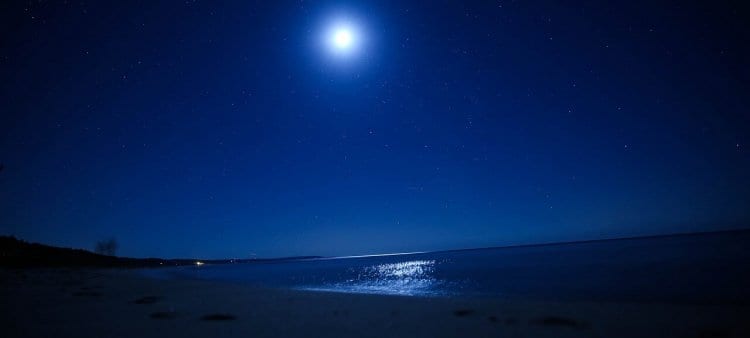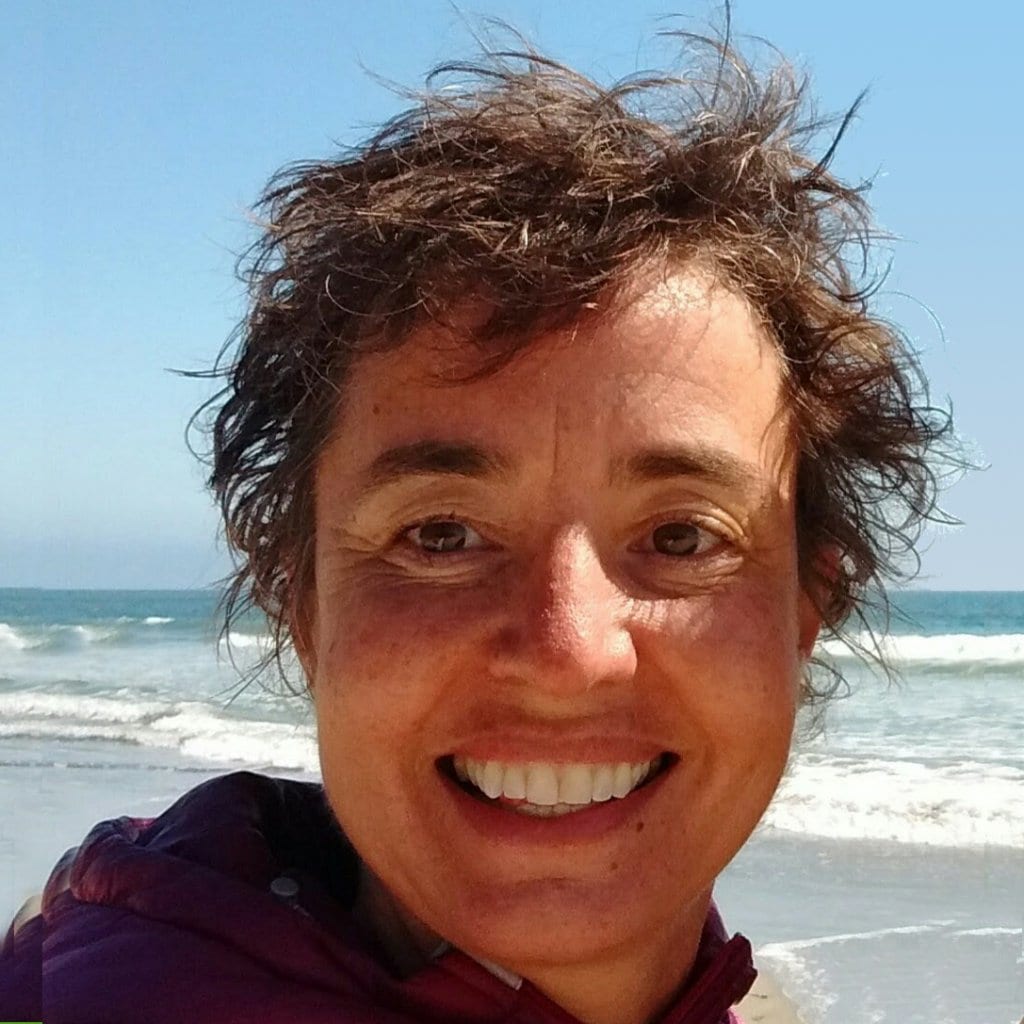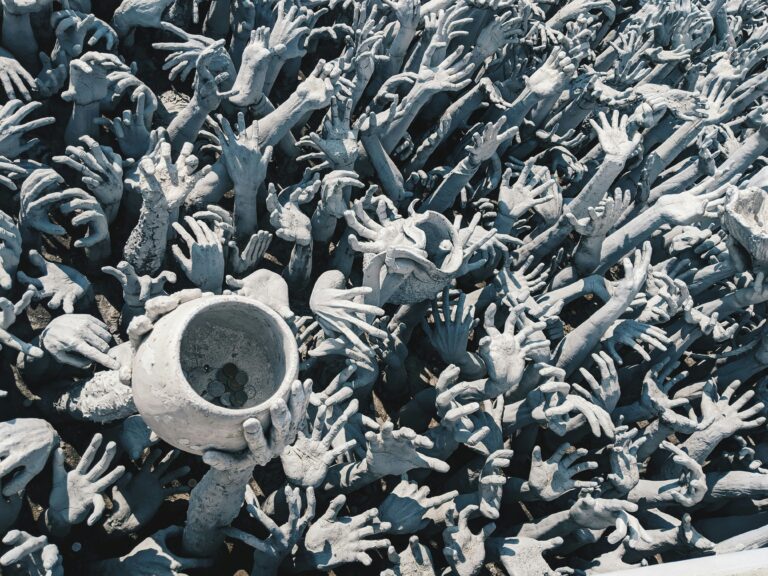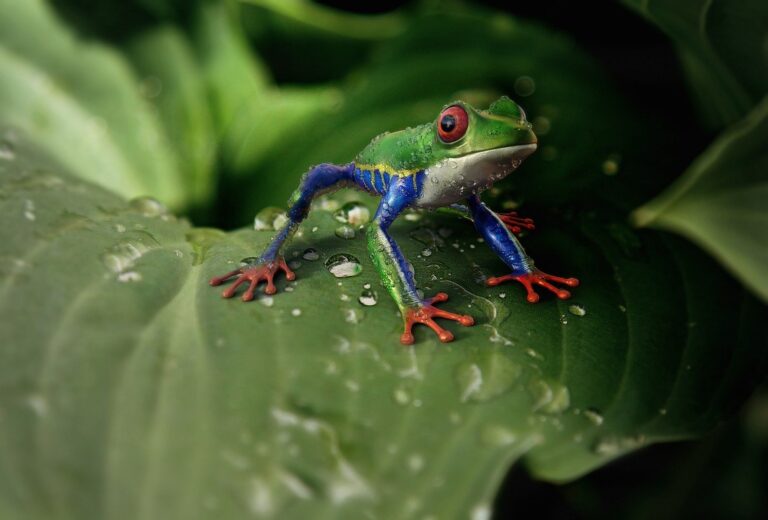This past Friday night, on the winter solstice, as Earth’s northern hemisphere tilted into the darkest dark, the Cold Moon, fully lit by sun, held the outpost of night like an angel. It seemed to be inviting us to turn towards all that is difficult this winter, to let surface all that the light suppresses. For those that have the eyes to see, the delusion of the American story is giving way. The story of unrealized ideals with their shadow side of patriarchy and racism, of objectification, exploitation and ruination claiming people and planet, this story is hardening into a brittle shell and dissolving from within. But in the night, flags, names and borders reveal their empty nature and we who are Americans—who are Democrats, Republicans, Resistance, Antifa, and Tea Party—we have no country.
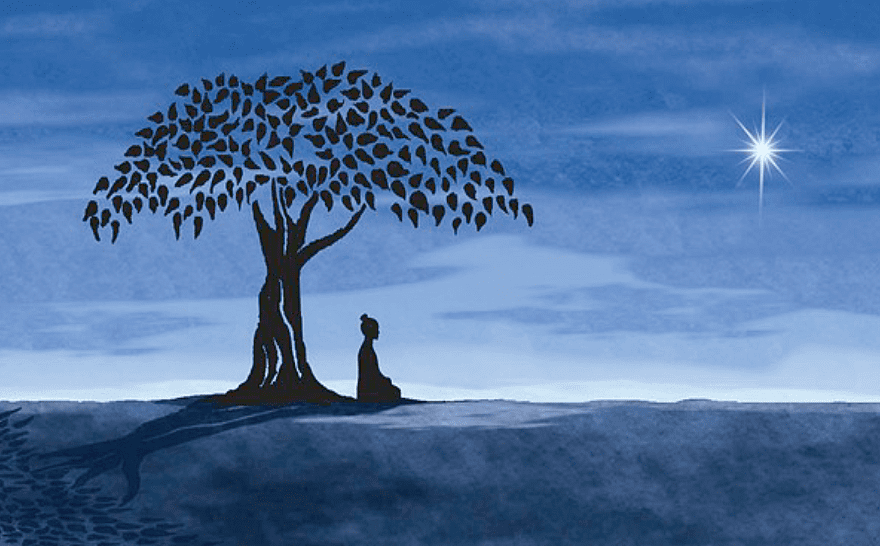
In the night, winter rain falls on the embers of wildfires whose ultimate causes are layers deep and still denied by most. The world of insects plummets nearly unnoticed in the soil beneath our feet. And when darkness overcomes, we fall to suicide at increasing and alarming rates. Meanwhile our beautiful and energetic responses, movements and countermovements, encounter their own limits, reveal their inner conflicts, going neither as deep nor as far as feels so necessary. Perhaps only the endless night can be trusted to account for all that has been and will yet be lost to how we cling to, hide in, and flee from our pain-ridden confusion. At the same time, I am nourished, thoroughly, by the certainty that innumerable hearts here on Earth are wide enough to hold this lament.
You darkness from which I come,
I love you more than all the fires
that fence out the world,
for the fire makes a circle
for everyone
so that no one sees you anymore.
But darkness holds it all:
the shape and the flame,
the animal and myself,
how it holds them,
all powers, all sight —
and it is possible: its great strength
is breaking into my body.
I believe in the night.
—Rainer Maria Rilke
So let us open the night shutter. Let in this winter dark. It is here for the taking and wants to be known by us. With humility and guided by deep wisdom, let the harsh shapes of our surroundings and stories and names go soft. Let their essence be revealed as empty. Let the silence and the indistinguishable have their space. Become quiet and receptive to their gifts. After all, if we don’t let our hardened concepts fall away, how can we hope to generate anything that is truly responsive and actually helpful?
Every winter, in our own way, we can follow the steps of Siddhartha whose fearsome and exquisite dance with the dark gave the world this endless gift of Dharma. It was in the night that Siddhartha became the Buddha.

